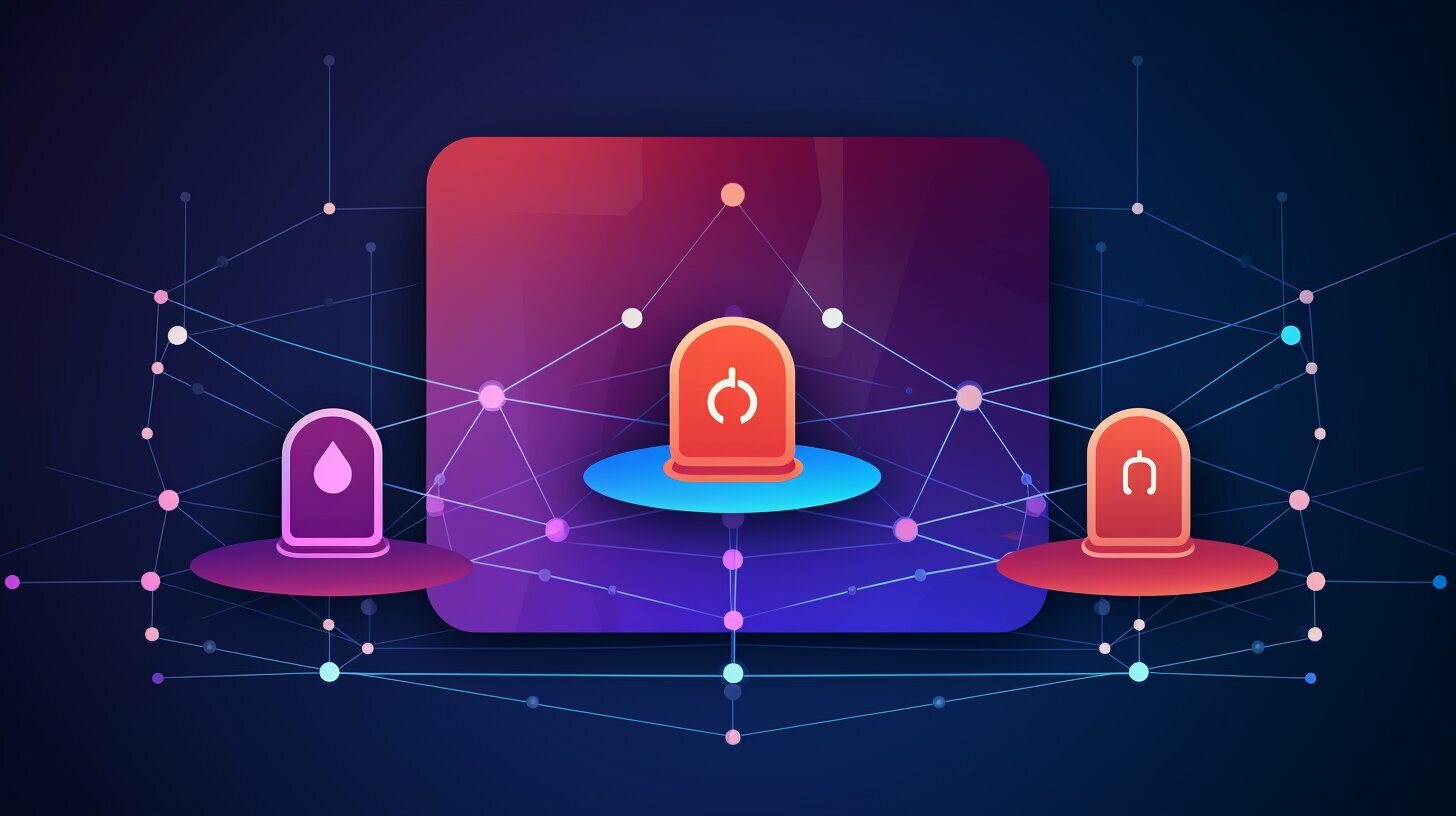Home>Software and Apps>Unlocking the Power of VPN Remote ID: A Tech Blog


Software and Apps
Unlocking the Power of VPN Remote ID: A Tech Blog
Modified: September 5, 2024
Discover the latest software and apps for unlocking the power of VPN remote ID in our tech blog. Stay updated with expert insights and tips.
(Many of the links in this article redirect to a specific reviewed product. Your purchase of these products through affiliate links helps to generate commission for Techsplurge.com, at no extra cost. Learn more)
Table of Contents
What is VPN Remote ID?
VPN Remote ID is a feature allowing VPN providers to identify and authenticate users on their network. This feature is crucial for several reasons, including security, compliance, and user management. By implementing Remote ID, VPN providers ensure that only authorized users access their network, enhancing the overall security of the VPN service.
Importance of VPN Remote ID
- Security: Ensures only legitimate users access the network, preventing unauthorized access and potential data breaches.
- Compliance: Helps organizations comply with strict data privacy and security regulations in industries like finance and healthcare.
- User Management: Facilitates effective management of user accounts, tracking activity, monitoring usage patterns, and enforcing data usage policies.
- Troubleshooting: Identifies the source of issues or discrepancies, aiding in efficient troubleshooting.
How Does VPN Remote ID Work?
VPN Remote ID typically involves digital certificates or other authentication methods to verify user identities. Here’s a step-by-step explanation:
- User Registration: Users provide identification, such as an email address, username, or biometric data, during sign-up.
- Certificate Issuance: VPN providers issue digital certificates containing user information like name and email address.
- Client-Side Authentication: Users' devices authenticate with the VPN server using the digital certificate.
- Server-Side Verification: The VPN server verifies the digital certificate against a list of trusted certificates.
- Session Management: Once authenticated, a secure tunnel for data transmission is established, with the VPN server managing the session and tracking activity.
Applications of VPN Remote ID
- Enterprise Networks: Manages access to sensitive company data, ensuring only authorized employees can access the network.
- Healthcare Industry: Helps healthcare providers comply with HIPAA regulations by ensuring only authorized personnel access patient data.
- Financial Institutions: Protects sensitive financial information from unauthorized access in banks and other financial institutions.
- Remote Work: Ensures employees working remotely can securely access company resources without compromising network security.
- Government Agencies: Manages access to classified information, ensuring only authorized personnel can access sensitive data.
Implementing VPN Remote ID
Implementing VPN Remote ID involves several steps, including setting up infrastructure, configuring the VPN client and server, and managing user certificates. Here’s a detailed guide:
Step 1: Setting Up the Infrastructure
- Choose a VPN Provider: Select a reputable VPN provider supporting Remote ID.
- Purchase Certificates: Acquire digital certificates from a trusted Certificate Authority (CA).
- Set Up the VPN Server: Configure the VPN server to support Remote ID, installing software that manages certificates and authenticates users.
Step 2: Configuring the VPN Client
- Install VPN Client Software: Install the VPN client software on your device.
- Configure Client Settings: Set up the client to use the digital certificate for authentication.
- Test Connection: Ensure the client can authenticate successfully using the certificate.
Step 3: Managing User Certificates
- Issue Certificates: Provide digital certificates to users upon registration.
- Store Certificates: Securely store certificates on the VPN server.
- Update Certificates: Regularly update certificates to maintain validity and security.
Challenges in Implementing VPN Remote ID
While implementing VPN Remote ID offers numerous benefits, it also comes with several challenges:
- Cost: Purchasing digital certificates can be expensive, especially for large organizations.
- Complexity: Managing certificates and configuring the VPN server can be complex, requiring technical expertise.
- User Education: Users need to understand how to use their digital certificates correctly, which can be challenging for those not tech-savvy.
- Compliance: Ensuring compliance with regulatory requirements can be time-consuming and resource-intensive.
Future of VPN Remote ID
The future of VPN Remote ID looks promising with advancements in technology and increasing regulatory requirements. Here are some trends likely to shape the future:
- Artificial Intelligence (AI): AI can automate the process of issuing and managing certificates, making it more efficient and less prone to human error.
- Blockchain Technology: Blockchain can provide an additional layer of security by ensuring certificates are tamper-proof and immutable.
- Cloud-Based Solutions: Cloud-based solutions can simplify managing certificates and VPN infrastructure without the need for on-premises hardware.
- Regulatory Compliance: As regulations evolve, VPN providers will need to stay compliant by implementing advanced security features like Remote ID.
VPN Remote ID is a critical component of modern VPN security. Its importance cannot be overstated, especially in today’s digital landscape where data breaches and cyber threats are rampant. By understanding how VPN Remote ID works and its applications, organizations can better protect their networks and ensure compliance with regulatory requirements.

